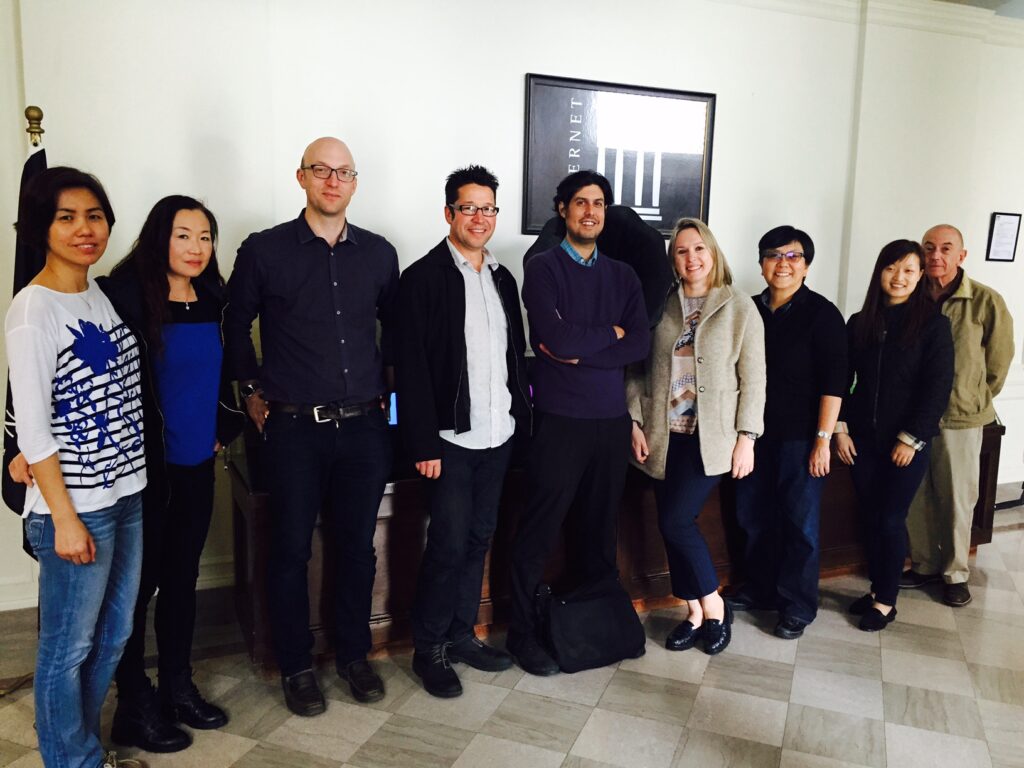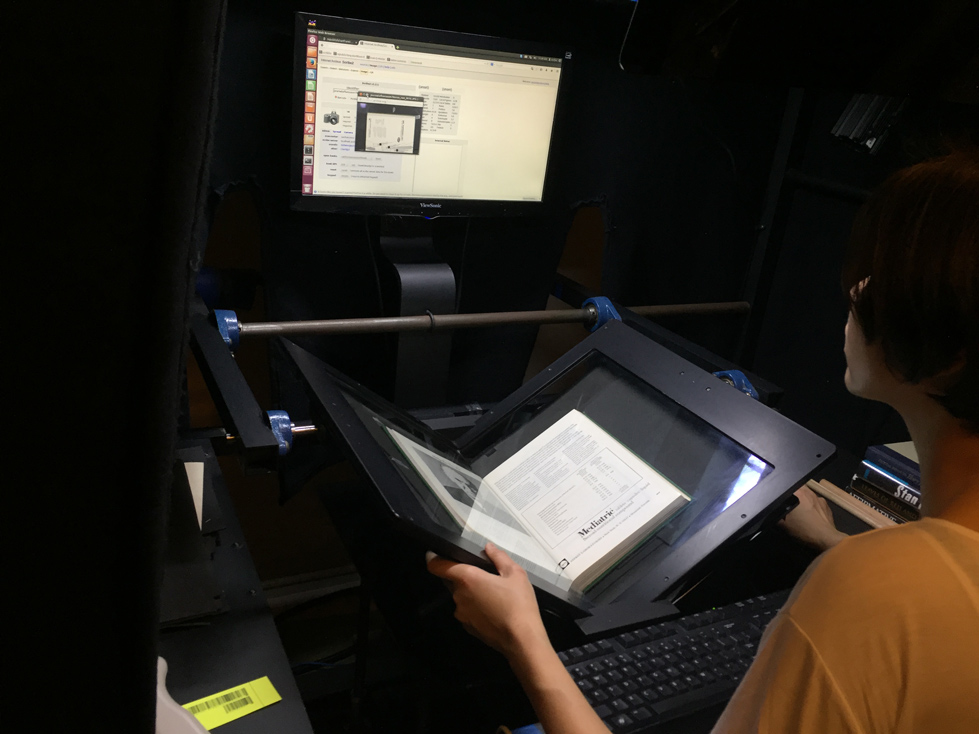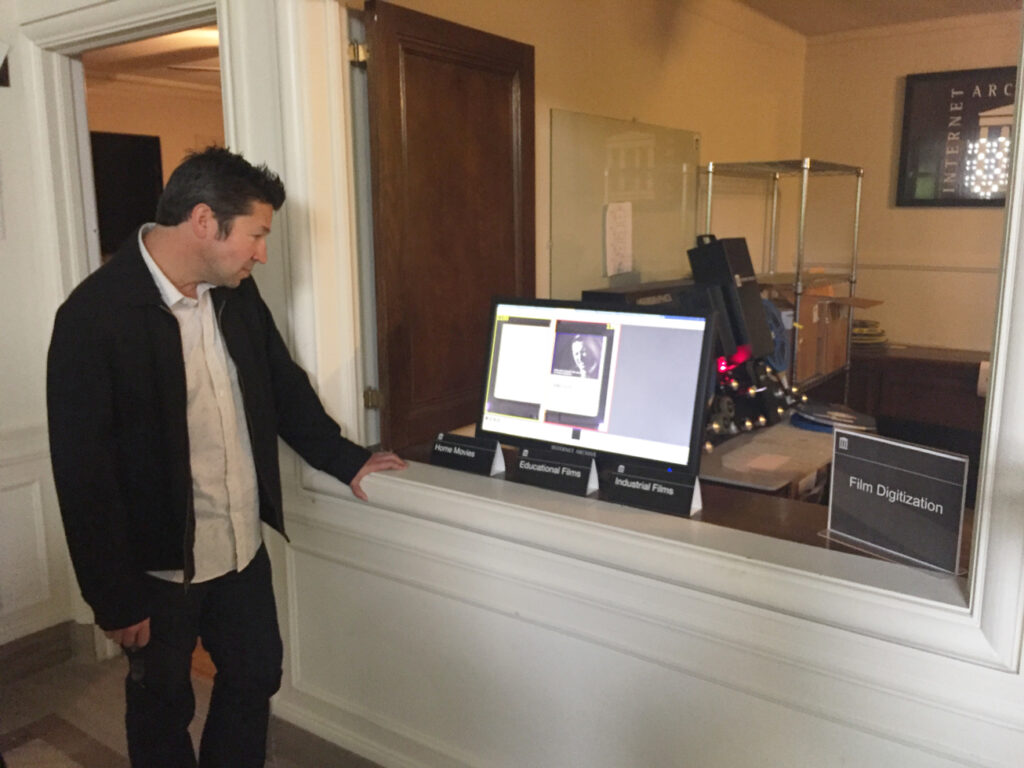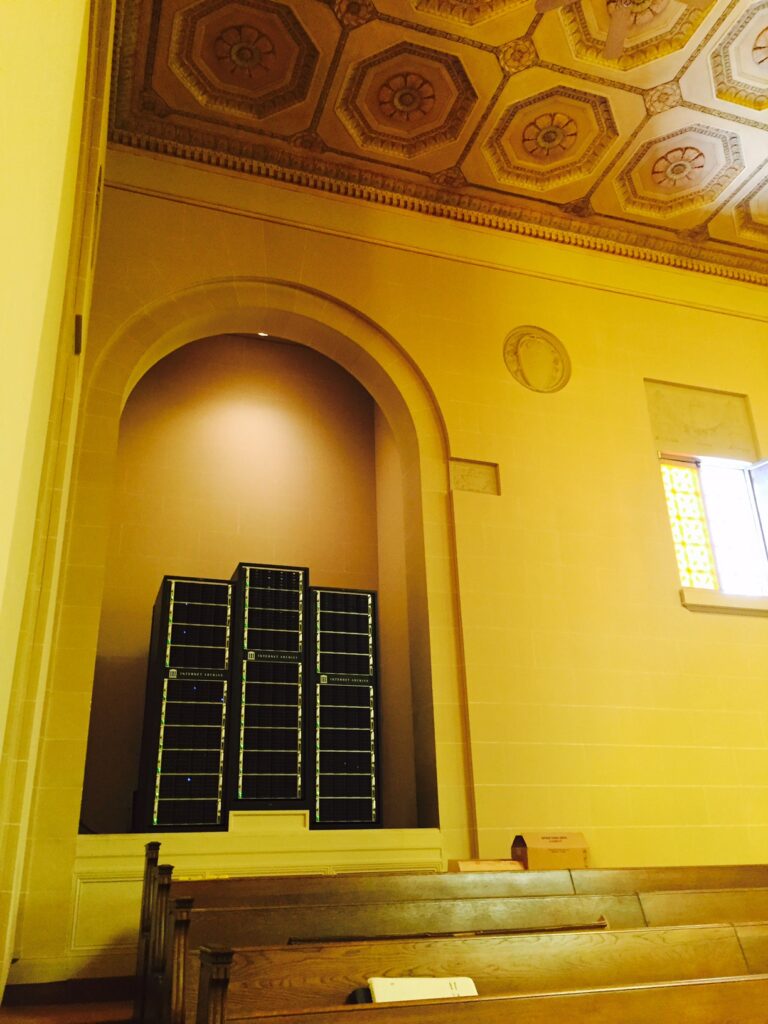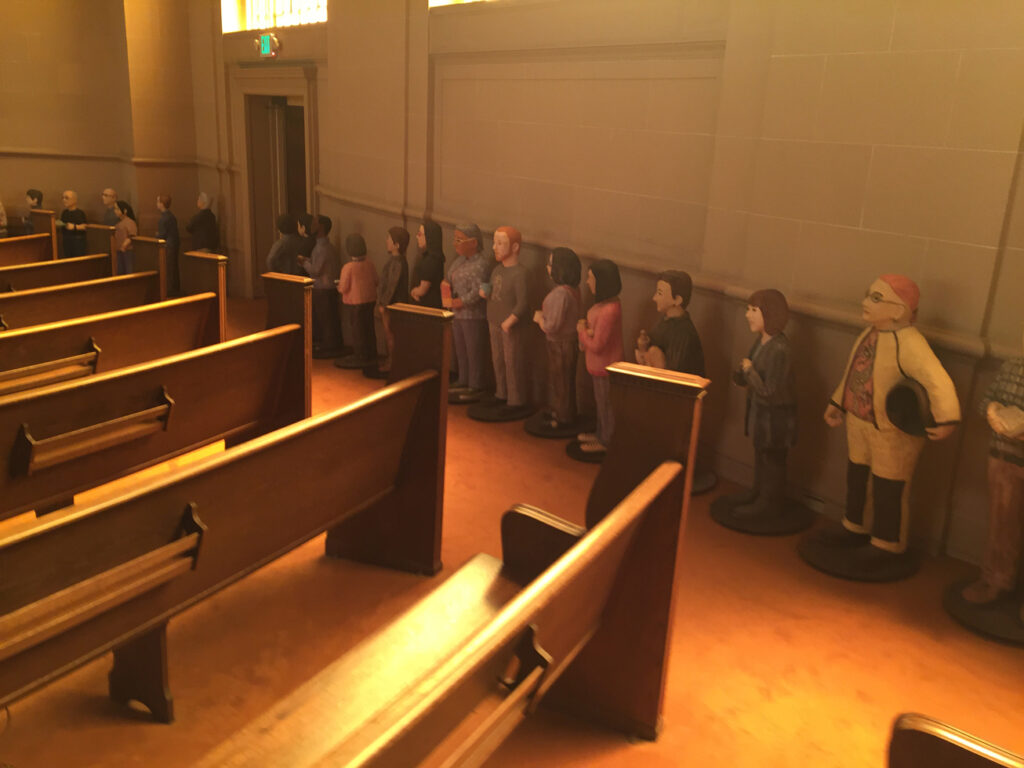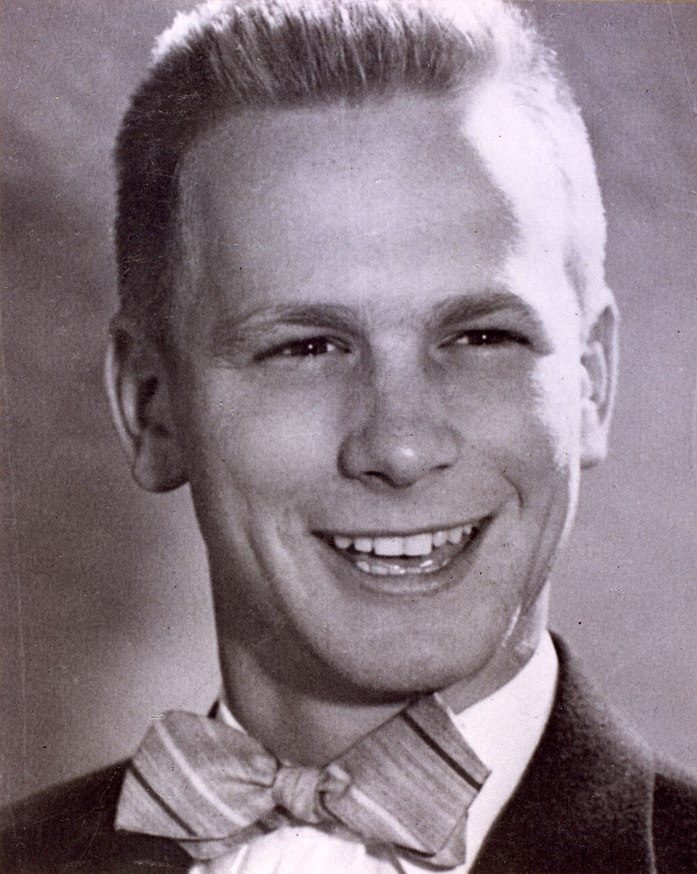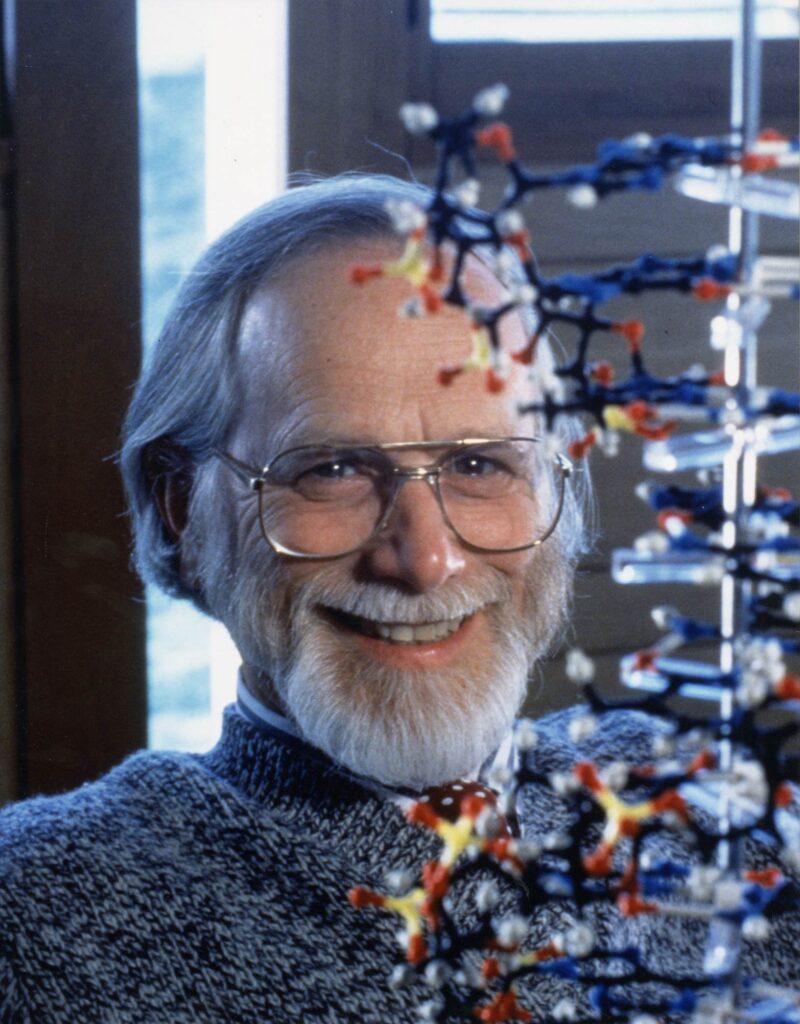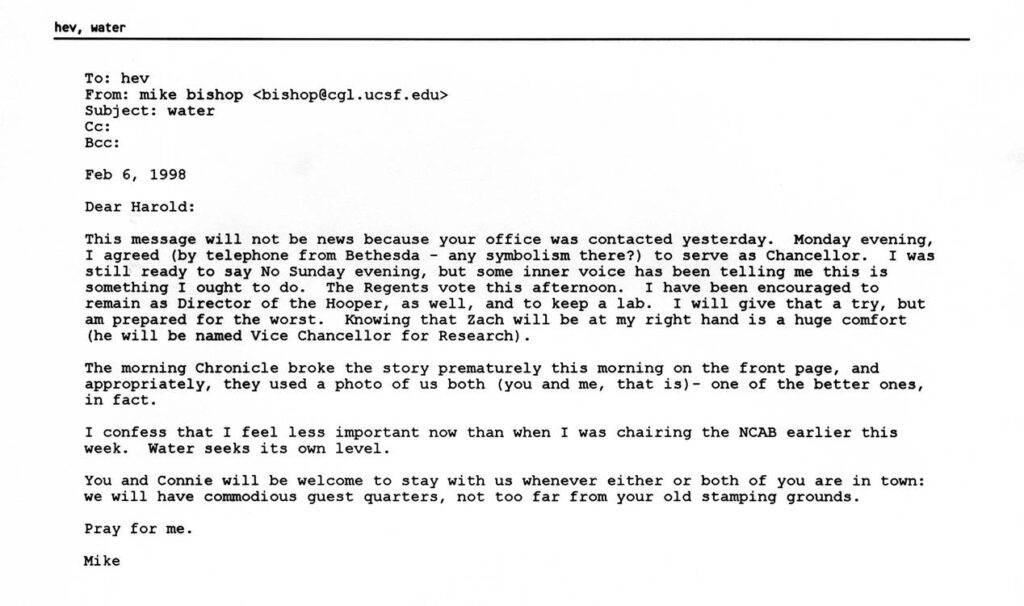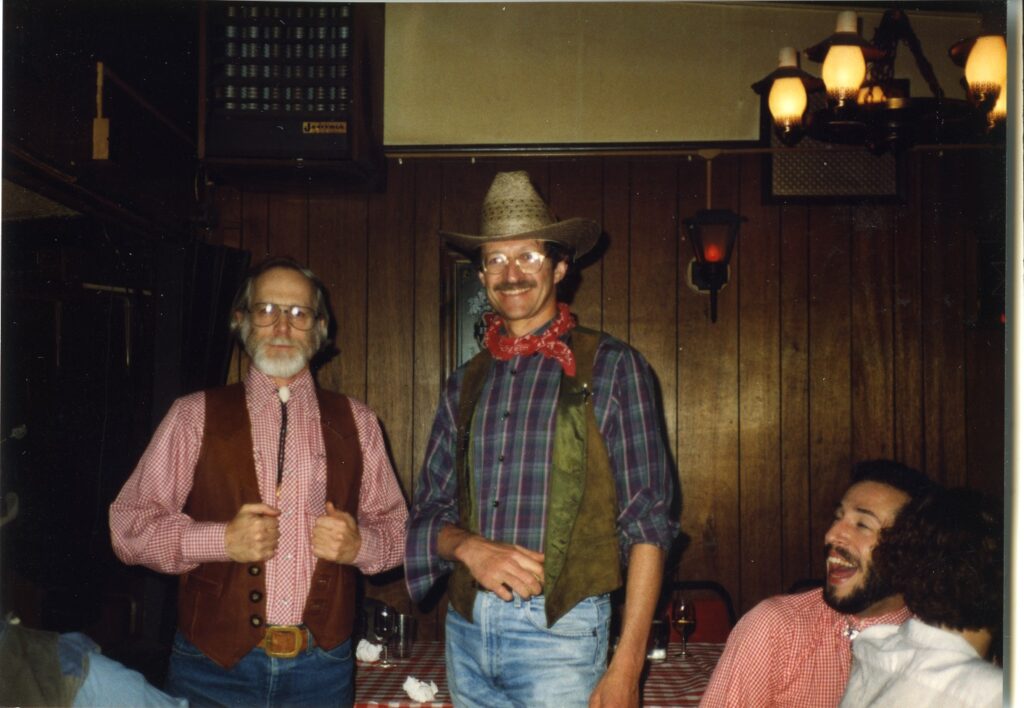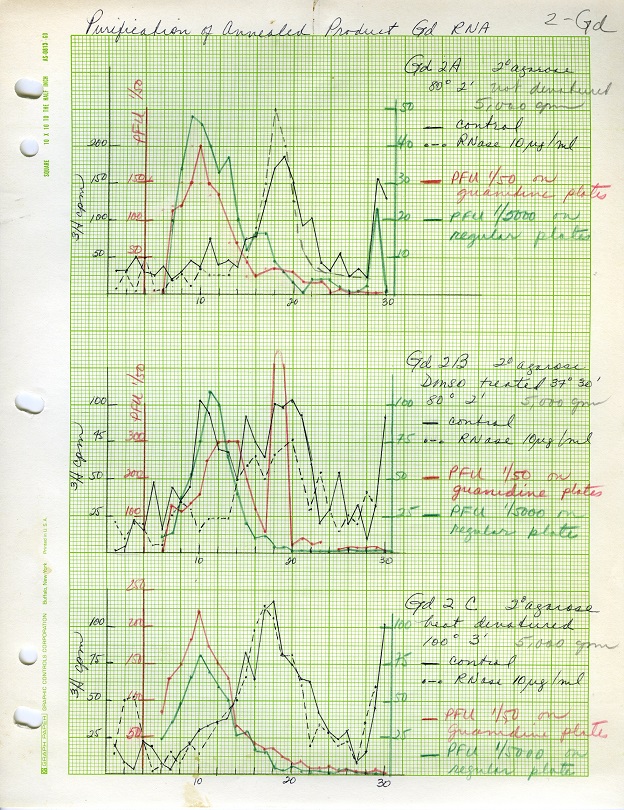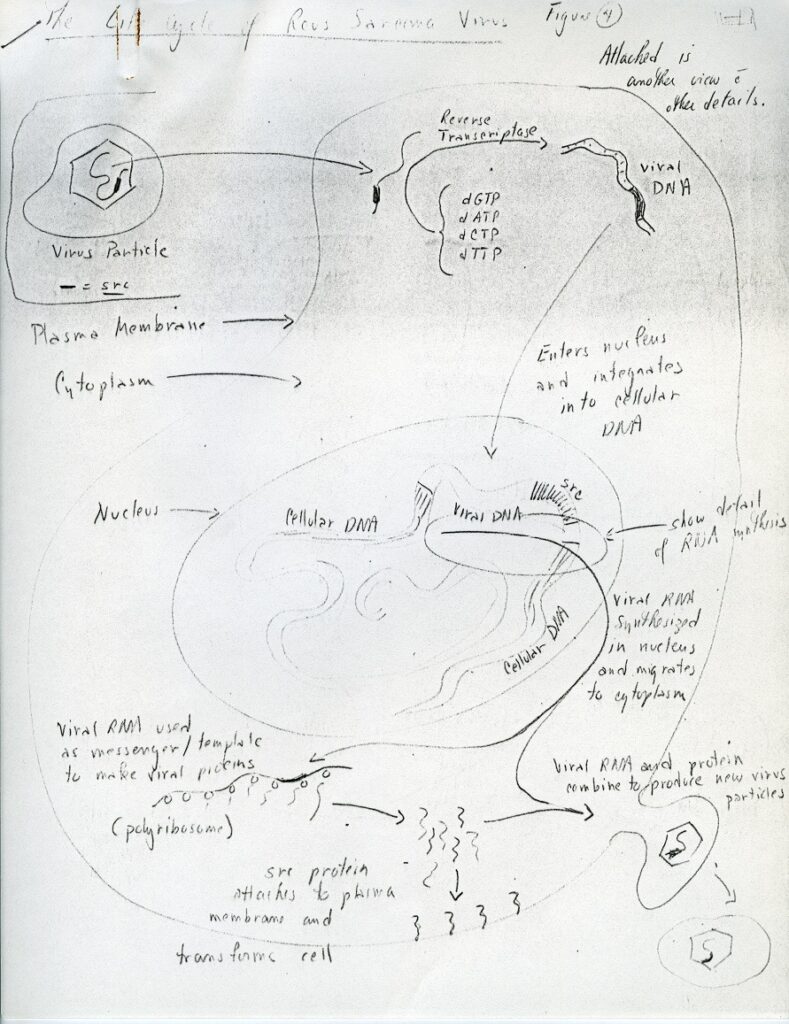This summer the UCSF Archives and Special Collections is hosting two interns who are working on diverse projects.
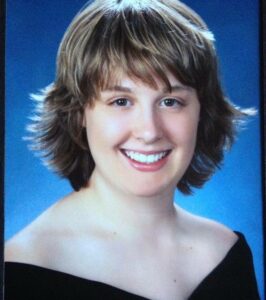
Sophia Lahey
Sophia Lahey is helping with the manuscript collections survey project, updating the metadata for historic photographs and documents that are posted on Calisphere, and assisting with quality control of volumes digitized for the State Medical Society Journals project.
Sophia is currently a student at Sonoma State University majoring in history and liberal arts. She lives with her parents in Marin county. In the fall she will be moving to Japan to study Japanese language and work towards a history major with concentration in Asian studies.
In her free time she pursues photography and spends time with her friends. She also enjoys video games as a hobby. She is excited to get experience working with historical documents and archives management systems to help her in the future with her history major.
For the first time we are working with the Children’s Hospital Oakland Research Institute (CHORI) Summer Research Program. “This program is designed to provide an opportunity for High School and Undergraduate students to immerse themselves in the world of basic and/or clinical research for three months during the summer. The program pairs students with one or two CHORI principal investigators who serve as mentors, guiding the students through the design and testing of their own hypotheses and methodology development. At the end of the summer, students present their research to their peers just as any professional researcher would do.” Our CHORI intern, Laura Schafer is co-mentored by Drs. Aimee Medeiros and Brian Dolan from the UCSF Department of Anthropology, History, and Social Medicine and Polina Ilieva, Head of Archives and Special Collections.
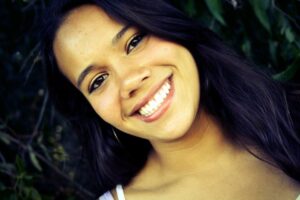
Laura Schafer
As an undergrad senior student of Psychology and more recently also Pedagogy at UC Berkeley, Laura Schafer is deeply interested in research fields related to pediatrics and healthcare associated to socioeconomic status (SES) factors. She believes that having grown up experiencing the consequences of Brazil’s developing societal reality while having juvenile diabetes plays a significant influence on what has developed into the focus of her academic career by far. She is mostly concerned with the consequences of low socioeconomic status (SES) factors potentially interfering with treatment affordability and proper healthcare practices for chronically ill children’s mental, emotional. and physical health.
Although Laura has had the chance to acquire some fundamental research-enabling skills through involvement as an RA at the UC Berkeley Emotion and Social Interaction Laboratory and also from participating in an honors’ thesis developing program through her University’s department of pedagogy, Laura seeks further training and mentoring in the principles underlying conducts of research through her internship at UCSF. She is very enthusiastic about the opportunity to work with the UCSF mentors. The project Laura is involved with during her internship this summer aims to assist with the digitization and creation of metadata for the historical patient data from the 1920’s to 1960’s which includes pediatric records.





